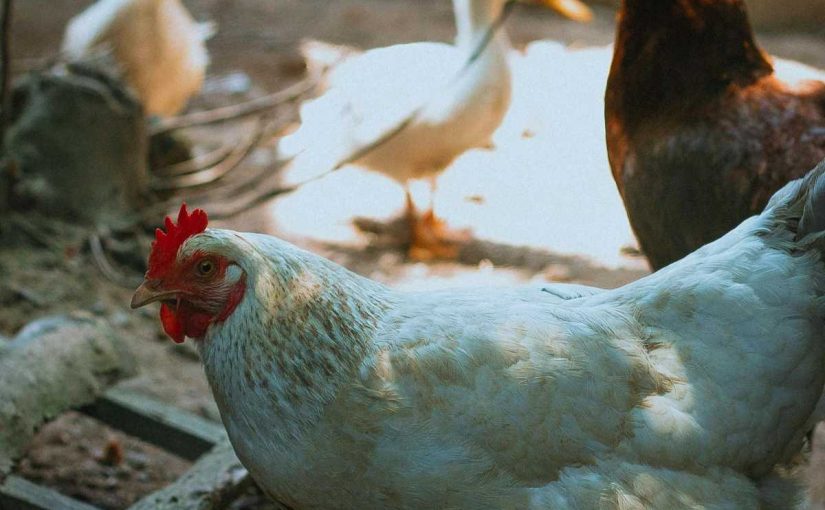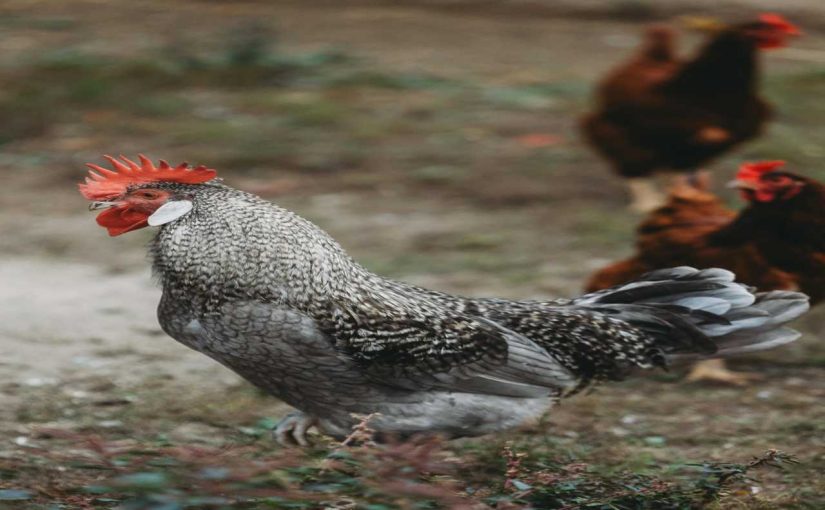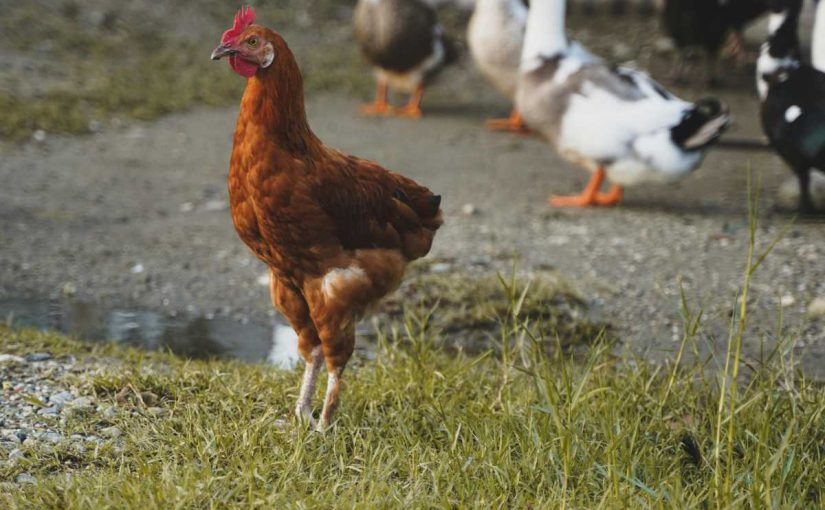Chicken manure is often considered a gardener’s gold due to its high nutrient content and ability to enrich soil. When used correctly, it can significantly improve plant growth and health. In this blog, we’ll explore five effective ways to utilize chicken manure in your garden while ensuring that you reap the benefits without causing harm to your plants.
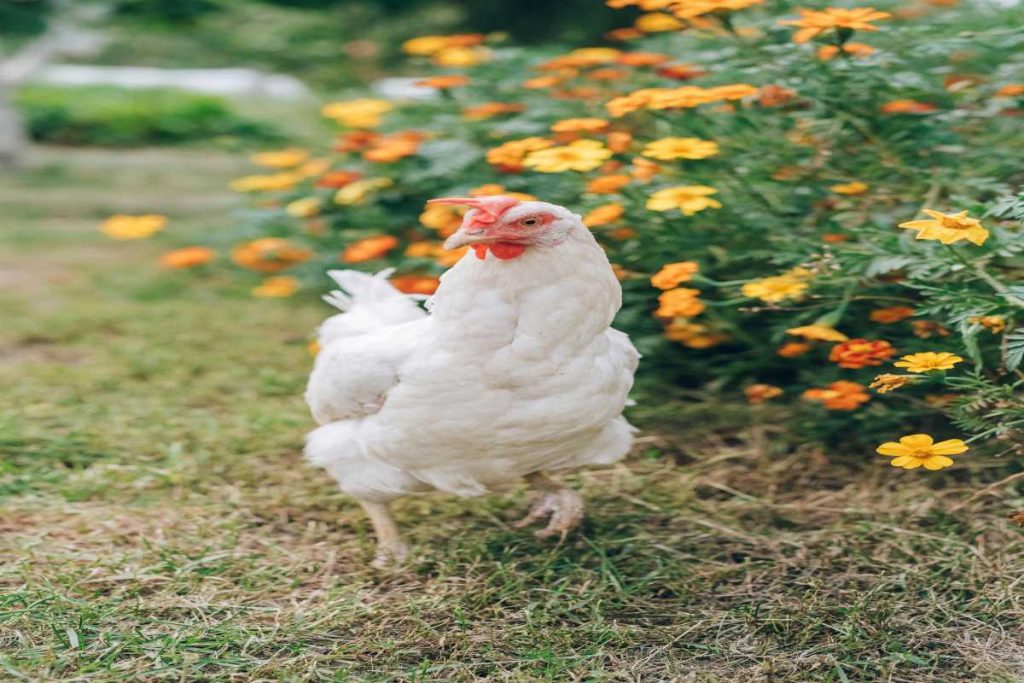
1. Composting Chicken Manure
Why Compost?
Composting chicken manure is one of the best ways to harness its nutrients while reducing the risk of pathogens and odor. The composting process allows beneficial microorganisms to break down the manure, transforming it into a nutrient-rich amendment.
How to Compost Chicken Manure
- Gather Materials: Combine chicken manure with carbon-rich materials like straw, leaves, or sawdust. The ideal ratio is about three parts carbon materials to one part manure. This balance is crucial to maintain an optimal carbon-to-nitrogen (C) ratio, which should ideally be around 30:1.
- Create a Compost Pile: Layer the materials in a compost bin or pile. Ensure good aeration by turning the pile every few weeks. Proper aeration accelerates the decomposition process and minimizes odors.
- Monitor Temperature: The compost pile should heat up to between 130°F and 160°F (54°C to 71°C) to kill harmful pathogens. Use a compost thermometer to monitor temperatures. If the pile is not heating up, consider adding more green materials (like kitchen scraps) to boost nitrogen levels.
- Cure the Compost: Allow the compost to mature for at least three months before using it in the garden. Properly cured compost will have a pleasant, earthy smell and a crumbly texture. It should not resemble raw manure in appearance or odor.
Benefits of Composting
Composted chicken manure enhances soil structure, promotes beneficial microbial activity, and provides a slow-release source of nutrients for your plants. The compost also helps improve water retention in sandy soils and drainage in clay soils.
2. Direct Application
Using Fresh Chicken Manure
While fresh chicken manure is high in nitrogen, it can also be too strong for plants if used directly. However, it can still be used effectively if applied correctly.
How to Apply Fresh Chicken Manure
- Dilute Before Application: Mix fresh chicken manure with water to create a liquid fertilizer. A common ratio is one part manure to three parts water. Let the mixture sit for a few hours to allow the nutrients to leach into the water.
- Apply Sparingly: Use the diluted mixture to water your plants, focusing on the base of the plants rather than drenching the leaves. This method helps prevent burn and promotes healthy growth. Apply the solution every two to four weeks during the growing season.
Benefits of Direct Application
When used in moderation, fresh chicken manure can provide immediate nutrients to your garden, especially during the growing season. It’s particularly beneficial for fast-growing crops like lettuce and radishes, which can quickly absorb the available nutrients.
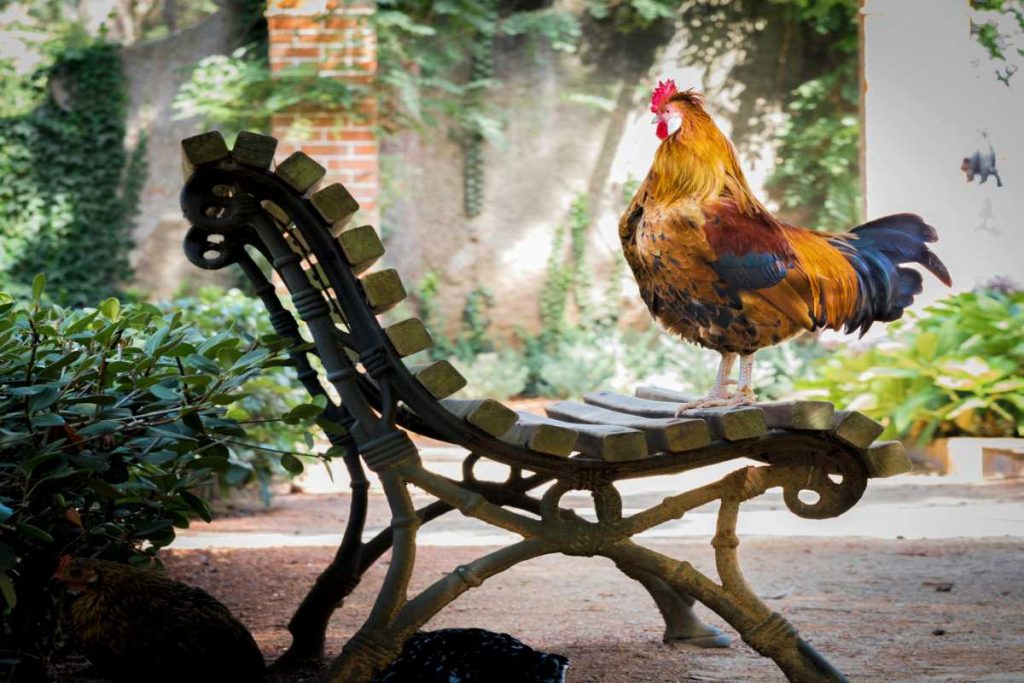
3. Soil Amendment
Improving Soil Health
Adding chicken manure directly to garden soil can significantly enhance its fertility. It improves soil texture and increases the organic matter content, leading to better moisture retention and nutrient availability.
How to Amend Soil with Chicken Manure
- Mix into Soil: Incorporate well-composted chicken manure into the soil at least two to three weeks before planting. Aim for a depth of about 6 to 12 inches (15 to 30 cm) to ensure even distribution of nutrients.
- Test Soil pH: Chicken manure can raise soil pH, so test your soil before applying it. If your soil is already alkaline, consider other organic amendments like peat moss or sulfur to maintain balanced pH levels.
Benefits of Soil Amendment
Using chicken manure as a soil amendment not only boosts nutrient levels but also promotes healthier root development and overall plant vigor. The organic matter in the manure improves soil aeration and drainage, which are critical for root health.
4. Fertilizing Specific Plants
Targeting Nutrient Needs
Certain plants, especially heavy feeders like tomatoes, peppers, and corn, benefit greatly from the nutrients in chicken manure.
How to Fertilize Specific Plants
- Create a Fertilizer Blend: Mix chicken manure with other organic fertilizers (such as bone meal or fish emulsion) to create a balanced nutrient blend tailored to the needs of specific plants. For example, tomatoes thrive on additional potassium, so adding wood ash or greensand can be beneficial.
- Apply at Planting Time: When planting, add a handful of the blend to the planting hole. This will provide a nutrient boost right at the roots. Make sure to mix the fertilizer blend into the soil to prevent any potential burning of young roots.
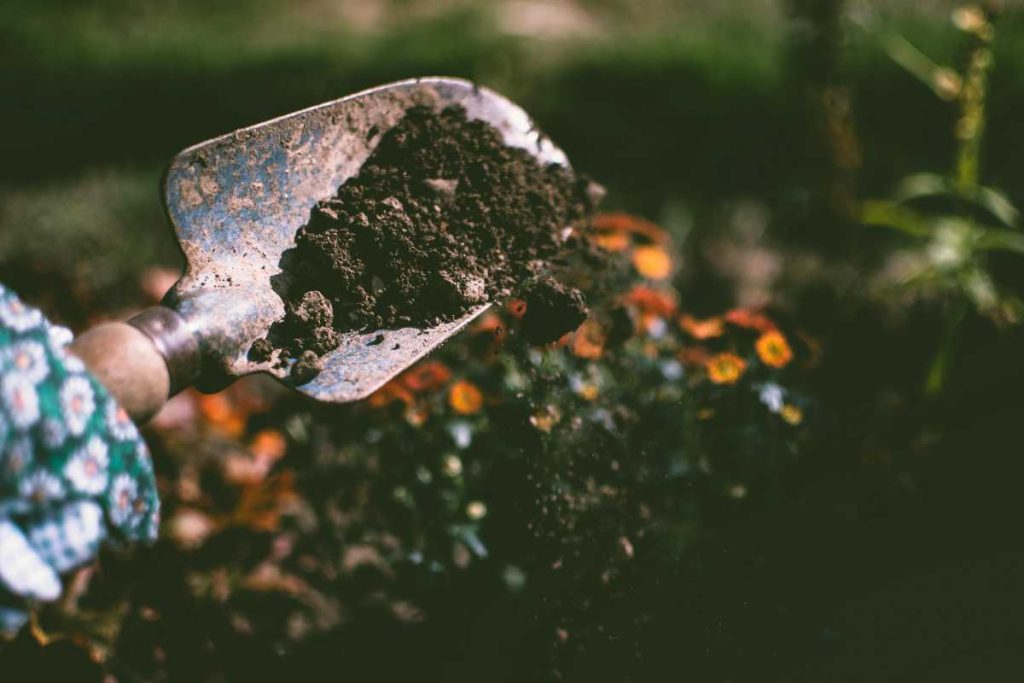
Benefits of Targeted Fertilization
This method ensures that heavy feeders receive the nutrients they need for optimal growth and yields, making it a strategic approach to gardening. It also allows you to customize nutrient availability based on the specific requirements of different plants in your garden.
5. Mulching with Chicken Manure
Enhancing Moisture Retention
Using chicken manure as mulch is an effective way to retain moisture in the soil while adding nutrients as it breaks down. This method not only helps conserve water but also suppresses weeds and improves soil health.
How to Use Chicken Manure as Mulch
- Mix with Other Mulch Materials: Combine chicken manure with straw or wood chips to create a nutrient-rich mulch. The mixture should have a balanced ratio to ensure that the mulch does not become too dense or smelly.
- Apply a Layer: Spread the mixture around plants, keeping it a few inches away from the stems to prevent rot. Aim for a layer of about 2-4 inches (5-10 cm) thick to effectively suppress weeds and retain moisture.
Benefits of Mulching
This method not only conserves moisture but also suppresses weeds and enhances soil health as the mulch decomposes over time. As it breaks down, the chicken manure will gradually release nutrients into the soil, benefiting your plants throughout the growing season.
Conclusion
Using chicken manure in your garden is a sustainable way to enhance soil health and promote vigorous plant growth. Whether through composting, direct application, soil amendment, targeted fertilization, or mulching, chicken manure can be a valuable asset in your gardening toolkit. Just remember to apply it wisely and monitor your plants for any signs of nutrient imbalance. With these strategies, you can harness the power of chicken manure to create a thriving garden ecosystem.

